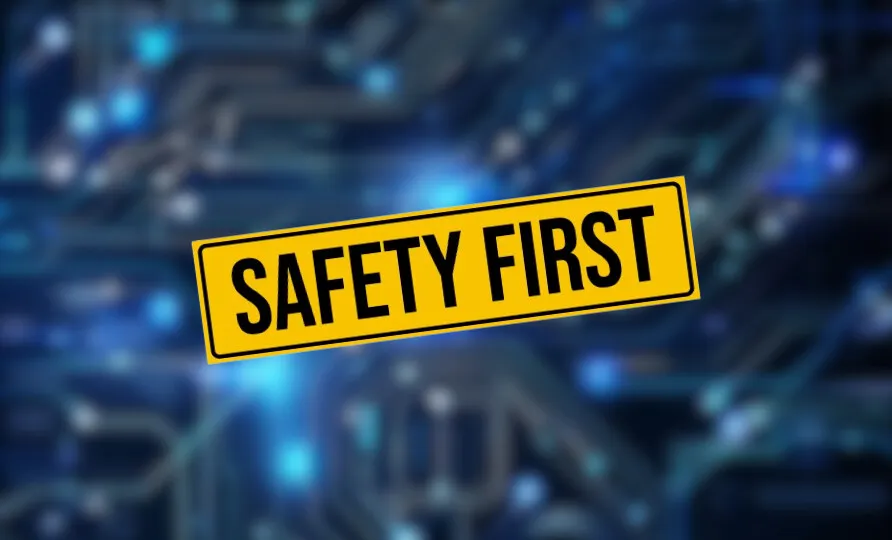In a surprising revelation, Lord Justice Birss, a Court of Appeal judge in the United Kingdom, has openly admitted to employing ChatGPT, an AI chatbot, to draft part of a case ruling. While Lord Justice Birss praised the tool’s efficiency, he also emphasized the importance of not relying on AI for subjects one is unfamiliar with. This incident highlights the evolving role of AI in the legal field and raises important questions about its limitations.
The Judge’s use of ChatGPT
Lord Justice Birss, an expert in intellectual property law, acknowledged using ChatGPT when faced with an unfamiliar area of law. He described the AI chatbot as “jolly useful” for providing a summary of the legal context he needed. ChatGPT offered him a paragraph that he recognized as an acceptable response. Lord Justice Birss asserted that he still took full personal responsibility for the content of his judgment, stressing that he was not attempting to shift responsibility onto the AI tool.
AI’s potential in legal work
Lord Justice Birss’s use of ChatGPT underscores the potential of AI tools to enhance efficiency in legal work. These AI systems can swiftly summarize complex legal concepts and provide valuable insights. By automating certain tasks, they allow legal professionals to focus on more nuanced aspects of their cases.
The cautionary tale of AI hallucination
While AI tools like ChatGPT offer numerous advantages, they are not without their pitfalls. One prominent concern is the issue of AI hallucination, where the AI generates information that may be factually incorrect or misleading. Earlier this year, two New York lawyers were fined for using ChatGPT to produce fake case citations to support a client’s personal injury case against an airline. These fabricated citations were exposed as fraudulent during court proceedings.
Balancing AI assistance with legal expertise
Lord Justice Birss’s confidence in using ChatGPT stemmed from his ability to discern the tool’s responses as reliable. However, his case serves as a reminder that AI should complement human expertise rather than replace it entirely. The legal profession requires careful judgment, critical thinking, and a deep understanding of legal nuances that AI may not fully grasp.
AI’s expanding role in law
The incident involving Lord Justice Birss reflects the ongoing integration of AI into the legal field. AI-driven tools are increasingly used for tasks such as legal research, contract analysis, and document review. While they offer speed and efficiency, they should be viewed as aids rather than substitutes for legal professionals.
The importance of responsible AI use
Lord Justice Birss’s acknowledgment of his use of ChatGPT highlights the need for responsible AI utilization. Legal professionals must exercise caution when employing AI tools, especially in critical decision-making processes. Relying blindly on AI-generated content can lead to serious consequences, as demonstrated by the New York lawyers’ case.
Lord Justice Birss’s candid admission of using ChatGPT in drafting a case ruling sheds light on the evolving relationship between AI and the legal profession. While AI tools like ChatGPT offer undeniable benefits in terms of efficiency, they should be used judiciously and in conjunction with human expertise. The incident underscores the importance of responsible AI use and the need for legal professionals to maintain a keen sense of judgment in their work. As AI continues to advance, the legal community must strike a balance between harnessing AI’s potential and upholding the principles of legal practice.





